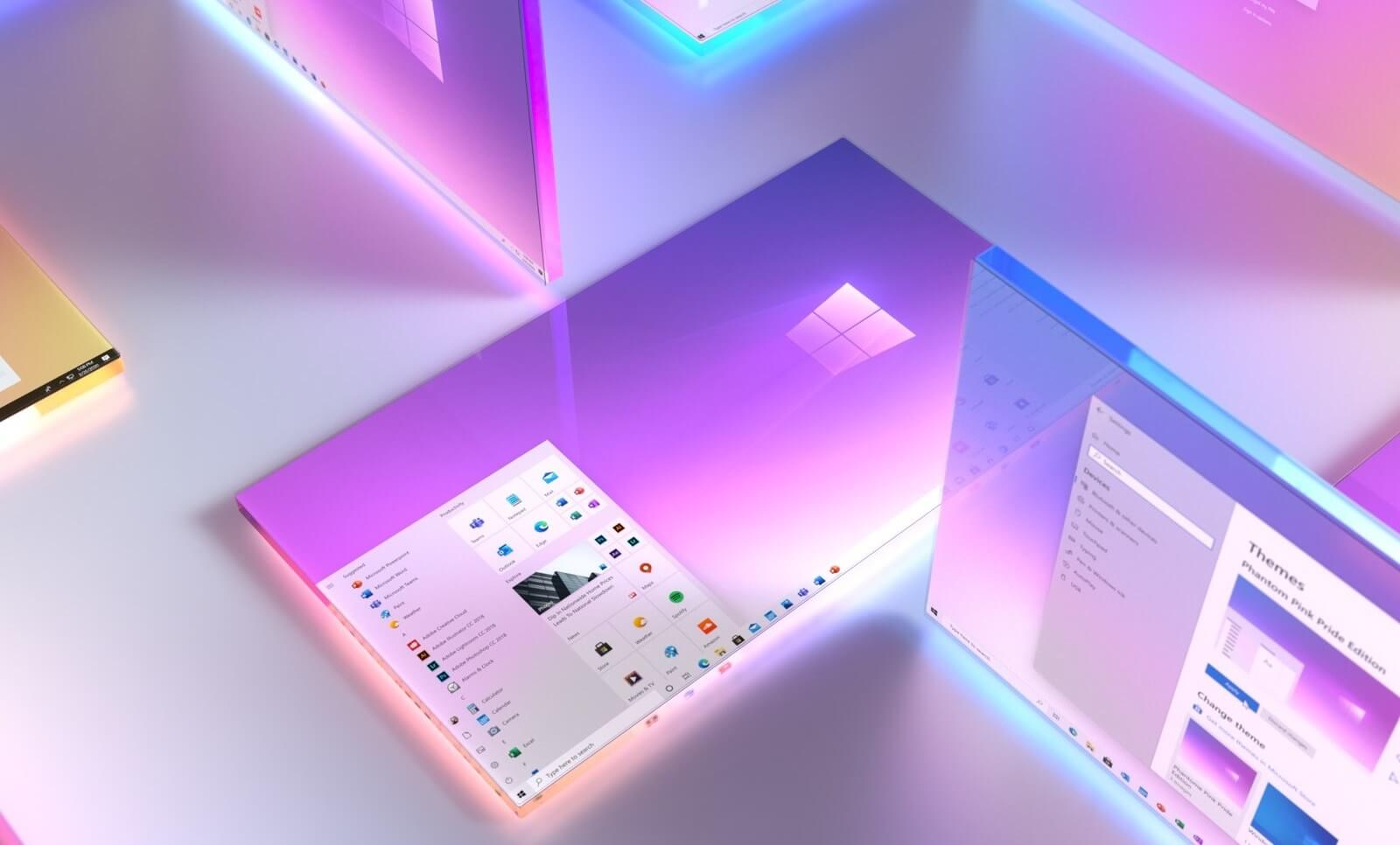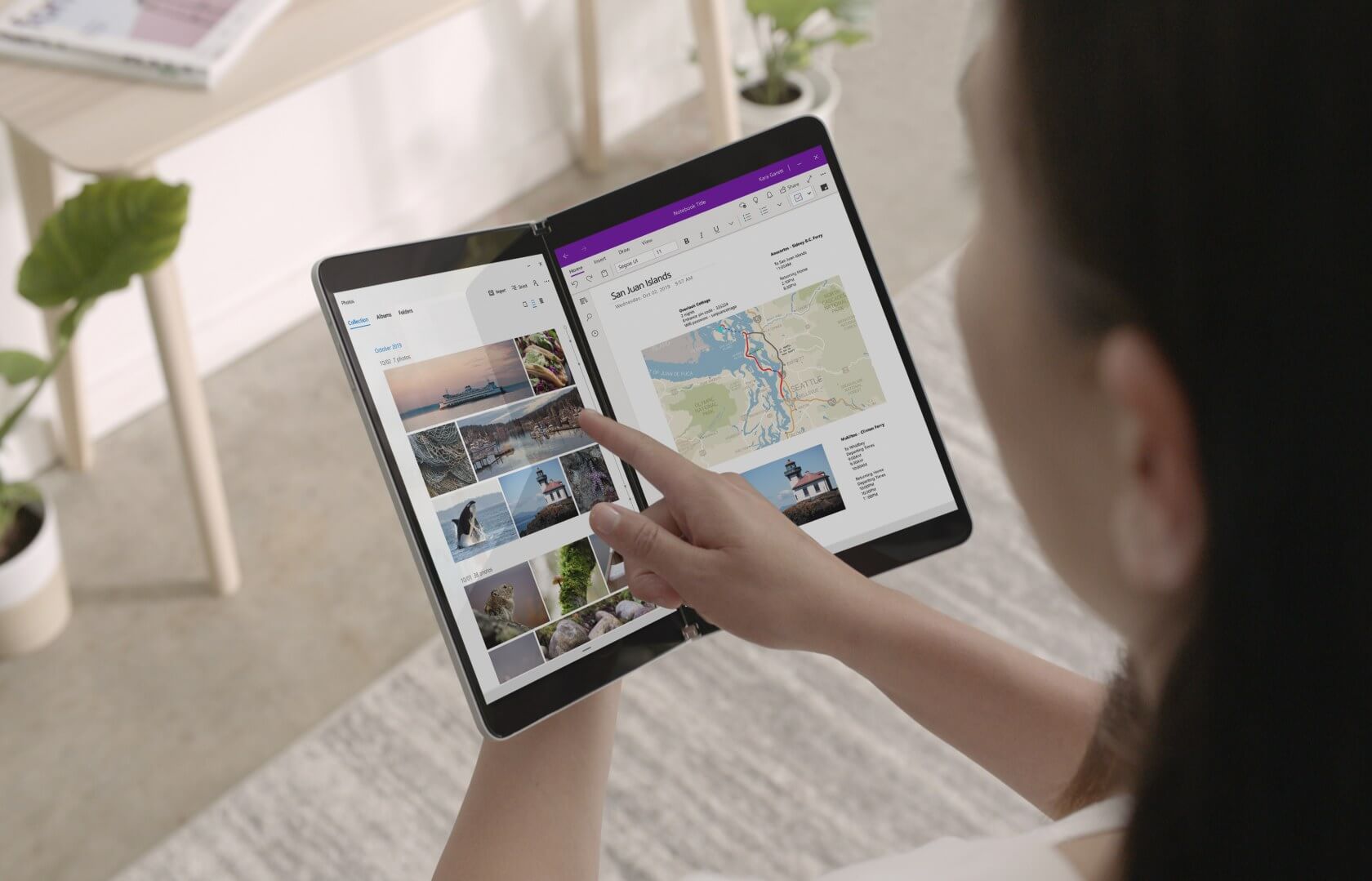The big picture: Microsoft's plans for Windows 10X development had already been derailed by the pandemic, but now it looks like the company is willing to slow down the cadence of Windows 10 feature updates to accelerate development on Windows 10X. That means we'll have to wait until Spring 2021 at the earliest before we can run it on an actual device.

Microsoft originally aimed to debut Windows 10X on dual-screen devices like the Surface Neo, but eventually decided to adapt it so that it may also work on single-screen PCs. Releasing the Surface Neo during the pandemic would have been risky, and the core Windows 10X project may not have been ready for prime time after all.
According to ZDNet's Mary Jo Foley, Microsoft is planning to reveal the first single-screen devices powered by Windows 10X sometime during the spring of 2021. These PCs will mostly be aimed at the business and education markets, and the operating system won't include support for running Win32 apps in containers.

The second wave of Windows 10X devices will reportedly arrive a year after that and will include dual-screen PCs. At this point it's not clear whether Microsoft scrapped its Win32 container project because of performance or compatibility issues.
However, the company did reveal earlier this year that it is pooling its developers towards making a cloud-based layer for Windows 10X that will allow users to work and play in new ways. To that end, Microsoft may change the cadence of feature updates from two every year to just one every spring. If you've been following our coverage since last year, Windows 10 updates have been plagued by bugs and inconsistencies.
Meanwhile, if we look at what the Redmond giant has been doing with Windows 10X, the original plan was laid out to become a "Lite" and more modular version of the operating system that would directly compete with Google's Chrome OS, which has been well received in the education market, however those plans may have morphed into something else.
Where Windows 10S failed, Windows 10X could succeed by having a simple and coherent UI design, updates that install in minutes, and support for Win32 apps and games. If the new report is accurate, this functionality wouldn't arrive until 2022 at the earliest.
https://www.techspot.com/news/86056-windows-10x-could-delayed-until-2021-debut-without.html